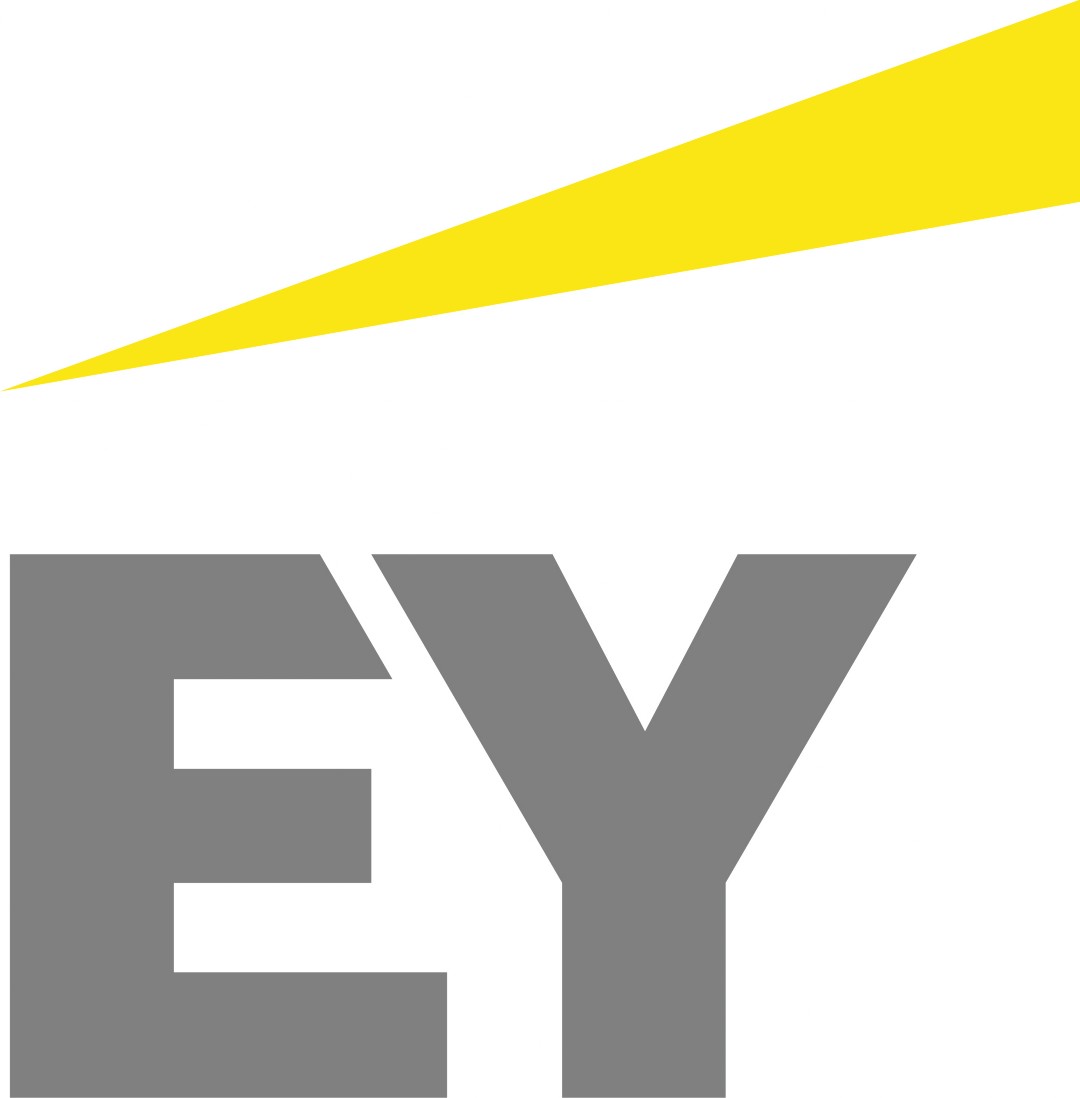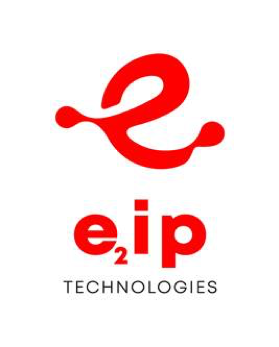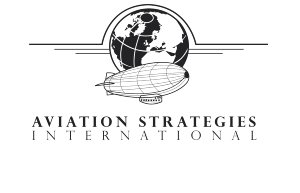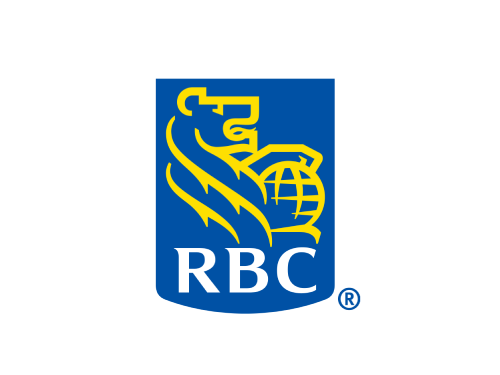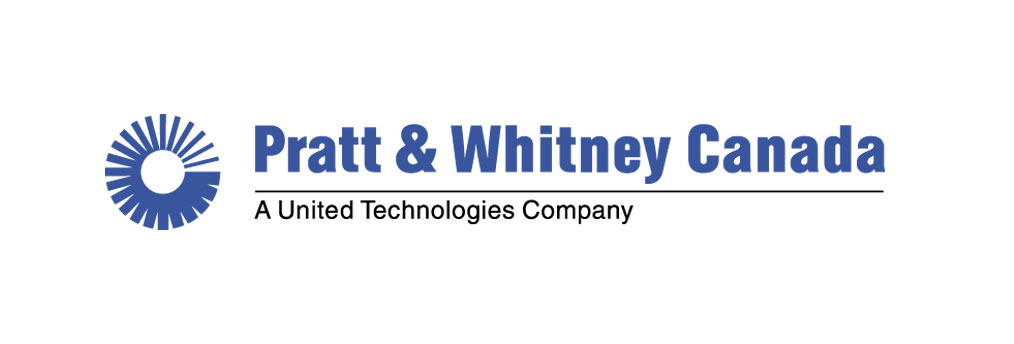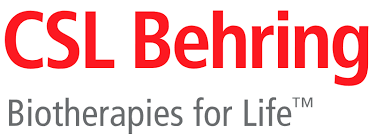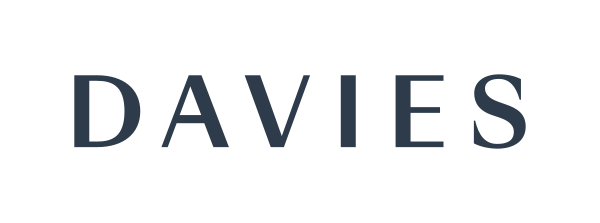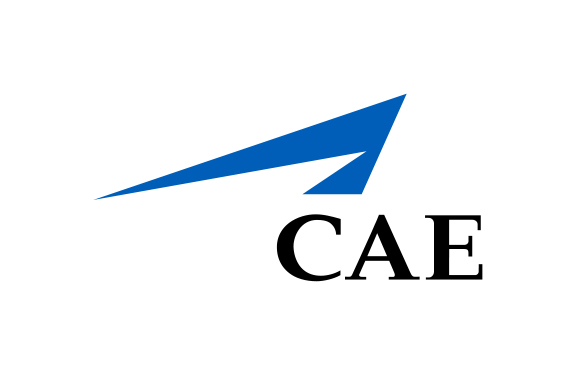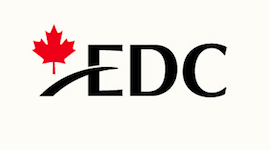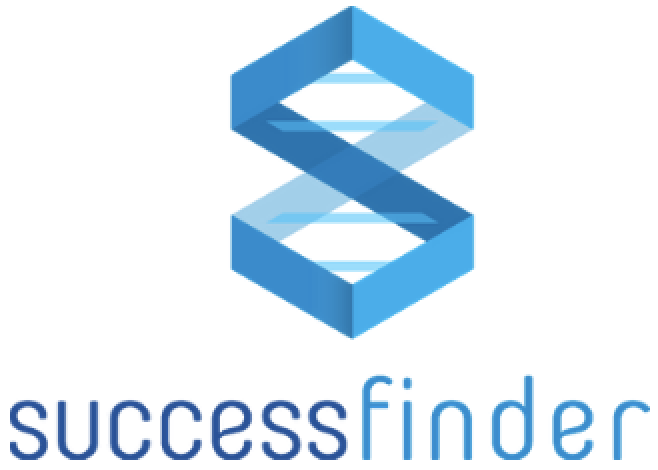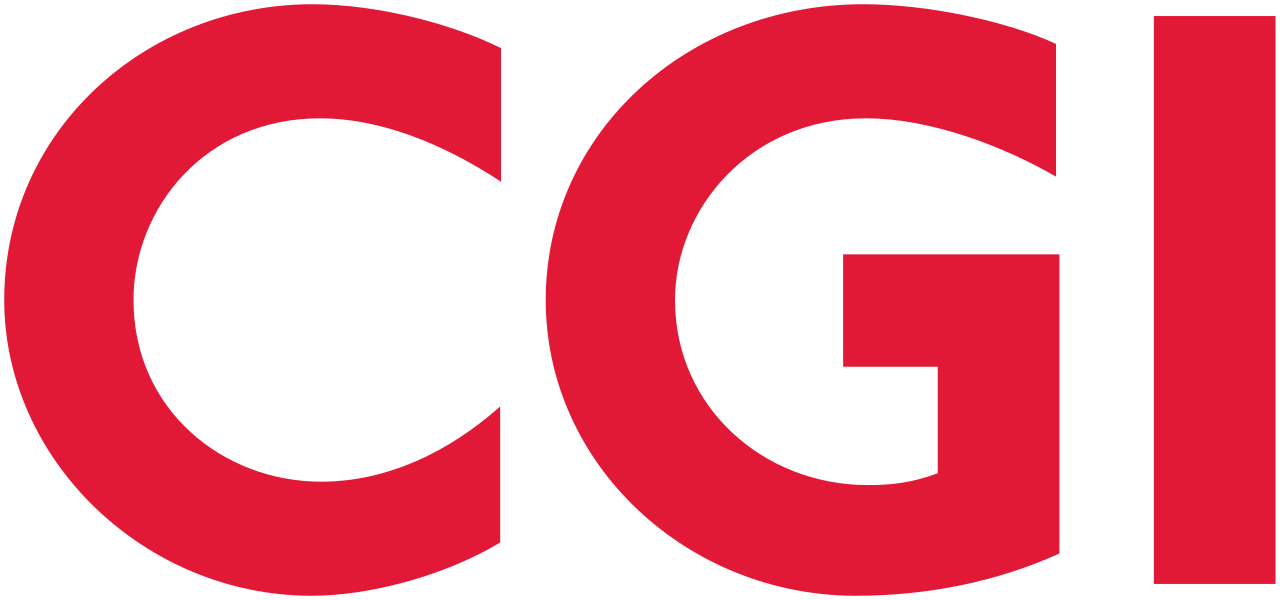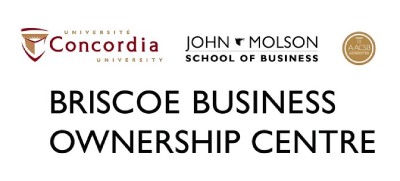UCT GSB in international case competition
Click here
A team of GSB MBA students, lead by lecturer and MBA alumnus Johannes Schüler, are in preparation for the oldest and largest company analysis competition in the world. The John Molson MBA International Case Competition is to be held in Montreal, Canada, next year from January 6 to 11.
Bruce Longmore, Marc Low, Mark Kritzinger and Nicholas Simigiannis comprise the first ever GSB team to take part in the competition.
“This is the largest competition of its kind in the world and receives many applications every year, of which only 36 schools are accepted,” says Schüler. “This year, the GSB made a strong case for getting accepted and succeeded. This may also be a result of the case competition's attention slowly shifting more towards emerging markets.”
As the only business school from Africa, Schüler says, the competition gives the GSB the opportunity to demonstrate its competence and improve its standing in the international context.
“We believe that the competition, as it has for other schools in the past, leads to collaborative projects with other schools and an exchange of knowledge and expertise,” he says.
So-called ‘the battle of the briefcases' by the media, this competition sees hundreds of MBA students representing business schools from more than a dozen countries compete for a first prize of US$10 000. A panel of judges made up of 200 senior business executives from different industries assess the competing teams' abilities to analyse business cases and to come up with solutions for real business problems in a set time. Key criteria include: creativity, insight, substance and plausibility of implementation of the solutions and plans submitted.
A round-robin format allows all teams to analyse five different case studies, one of them being a live case – a real life business problem facing a major company.
“The teams are given three hours to analyse these unpublished cases using what they've learned while doing their MBA and then develop and submit their solutions and a detailed plan of action to the panel,” says Schüler. “They have to completely rely on their own skills as PowerPoint and the Internet are not allowed.”
According to Schüler, business case analysis in business schools tends to be separate from the real business world and this competition looks to encourage thinking that can transform academic knowledge into practical, applicable tools and solutions. “A key purpose of the competition is to bridge the gap between the academic and corporate worlds,” says Schüler.
For the next 16 weeks the GSB team will be preparing for the competition by doing in-depth industry research focusing on the key dynamics in the largest industry sectors, as well as country-specific research that considers emerging market dynamics, economic strength and natural resources.
“The entire exercise helps students learn how to work in teams, analyse data quickly and translate theory into practice,” says Schüler.
According to team member, Marc Low, the GSB delegation is aiming high. “From the day we were selected we've planned to do well. We don't just want to compete, we want to make a statement and leave a legacy,” he says.
The past year's winning team was from Université Laval (Quebec, Canada). Second and third places went to the University of Otago School of Business (Otago, New Zealand) and the University of Calgary's Haskayne School of Business (Calgary, Canada) respectively.
“Next year we want a place on the top ten list at least,” says Low.

